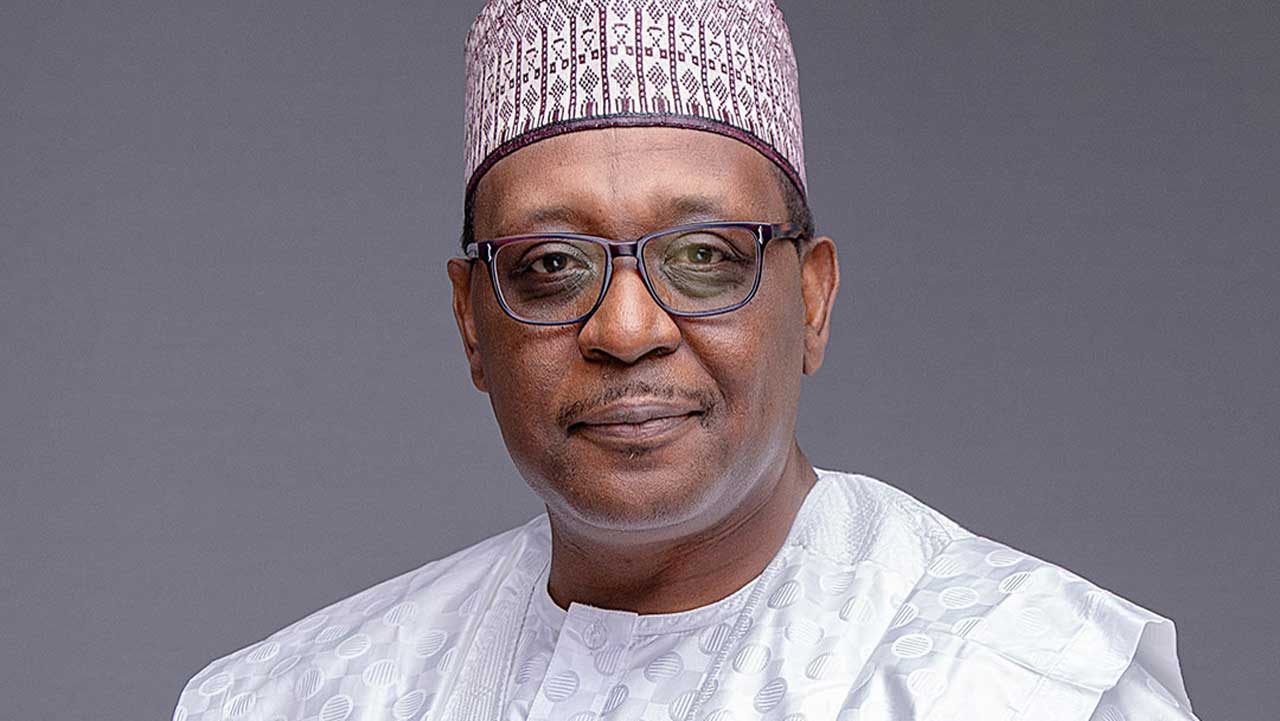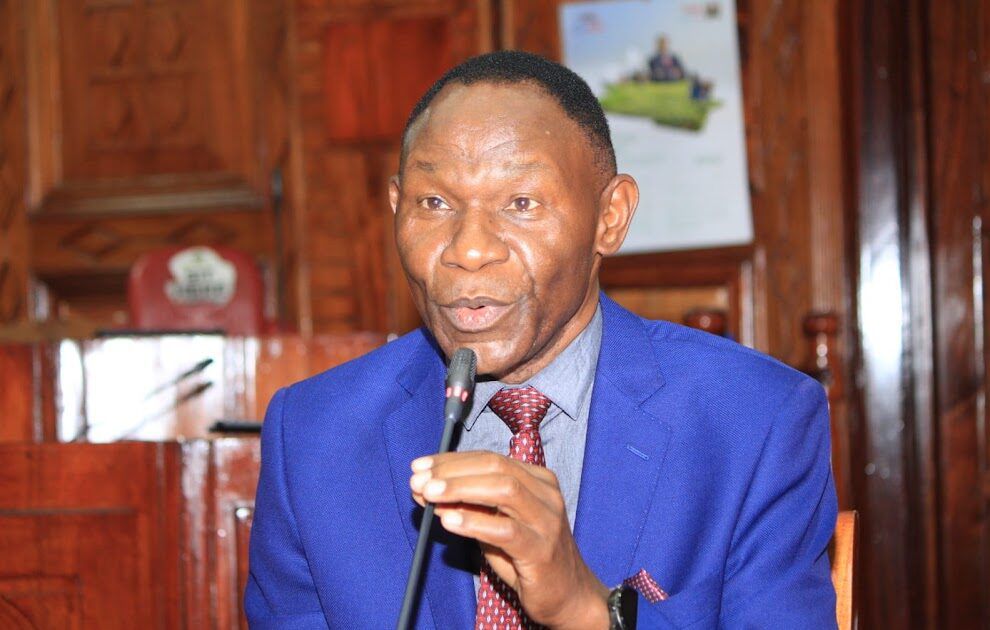Supreme Court Highlights High Court Vacancies, Urges Judge Appointments

The Supreme Court has directed the central government to expedite the appointment of judges to High Courts, addressing the significant vacancies and subsequent backlog of over 7 lakh criminal appeals. The court highlighted that High Courts are currently functioning with fewer judges than their sanctioned strength, exacerbating the pendency issue.
A bench of Justices Abhay S Oka and Ujjal Bhuyan noted the Allahabad High Court, burdened with 2.7 lakh pending criminal appeals, operates with only 79 judges out of a sanctioned strength of 160. The bench urged the central government to promptly clear the recommendations of the collegium, emphasizing the need for expeditious action. Similarly, the Bombay High Court functions with 66 judges against a sanctioned strength of 94, and the Calcutta High Court with 44 judges compared to its total strength of 72.
The Delhi High Court, with 41 judges instead of the prescribed 60, also faces a substantial backlog of criminal appeals. The Supreme Court pointed out that recommendations for high court judges' appointments, including those from 2023 and 2024, remain pending with the Centre, with the most recent recommendations made on September 24, 2024, also awaiting clearance.
The court's directives came during a suo motu petition concerning delays in bail processes and the expeditious release of undertrials granted bail. Examining suggestions from senior advocate Liz Mathew, the apex court revealed that as of March 22, the total number of criminal appeals pending was 7,24,192. Madhya Pradesh alone has a pendency of 1,15,382 cases, with smaller states also facing high numbers, such as Patna High Court with 44,664 cases, Punjab & Haryana High Court with 79,326, and Rajasthan with over 56,000 pending cases.
In addition to addressing judicial vacancies, the administrative side of the Chief Justice of India prepared and approved a model action plan for reducing arrears, which was shared with all high courts. The court acknowledged that adjournments contribute significantly to the rising pendency and suggested that high courts appoint legal aid lawyers when advocates for the accused are uncooperative. While the appointment of ad hoc judges for hearing criminal appeals is under deliberation between the Chief Justice of India and the government, the Supreme Court refrained from dealing with the matter directly.
Furthermore, the top court emphasized the necessity for high courts to incorporate the digitization of criminal records and recommended the use of the AI tool Supreme Court Vidhik Anuvaad Software for translation. The high courts were directed to submit their action plans within four weeks.









